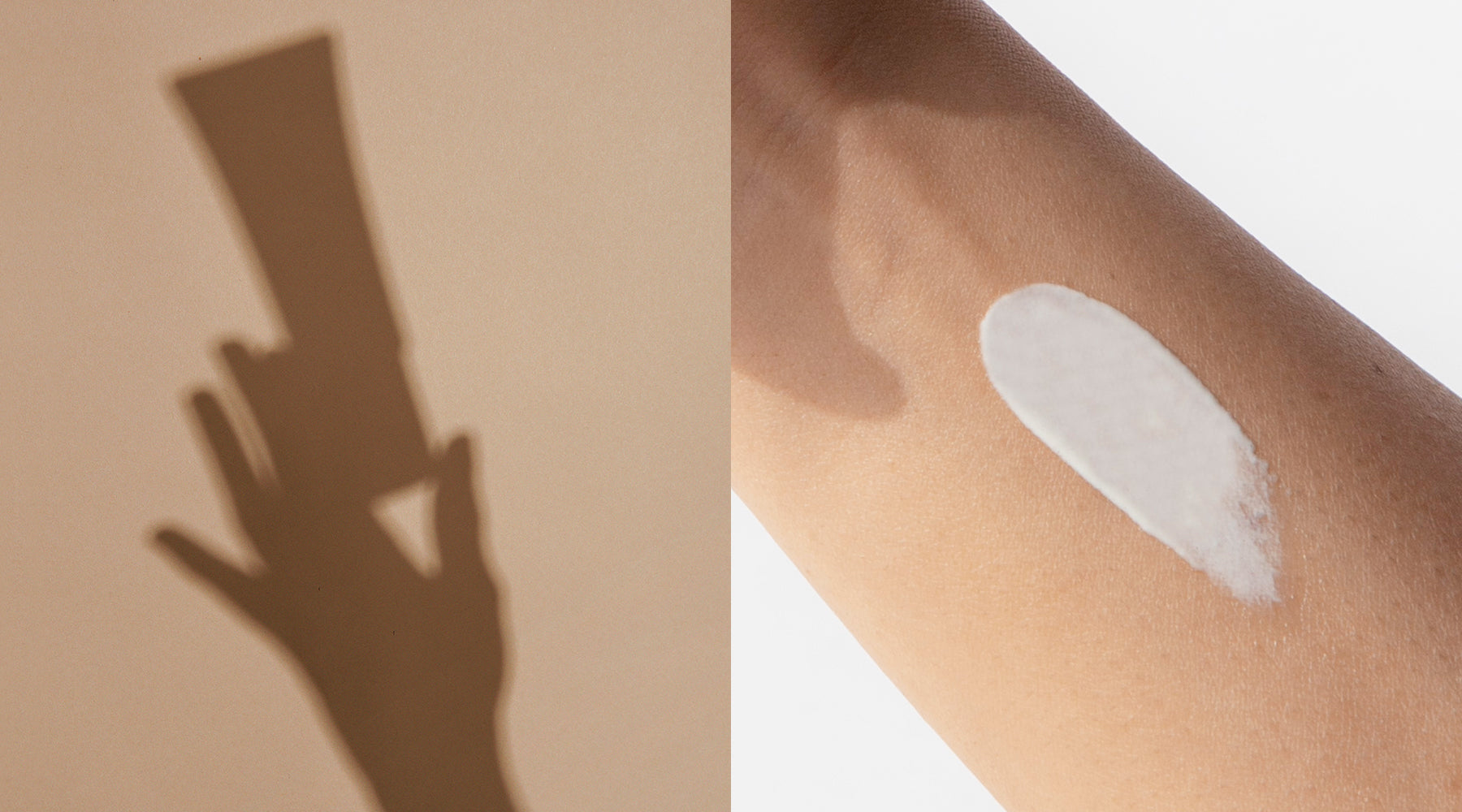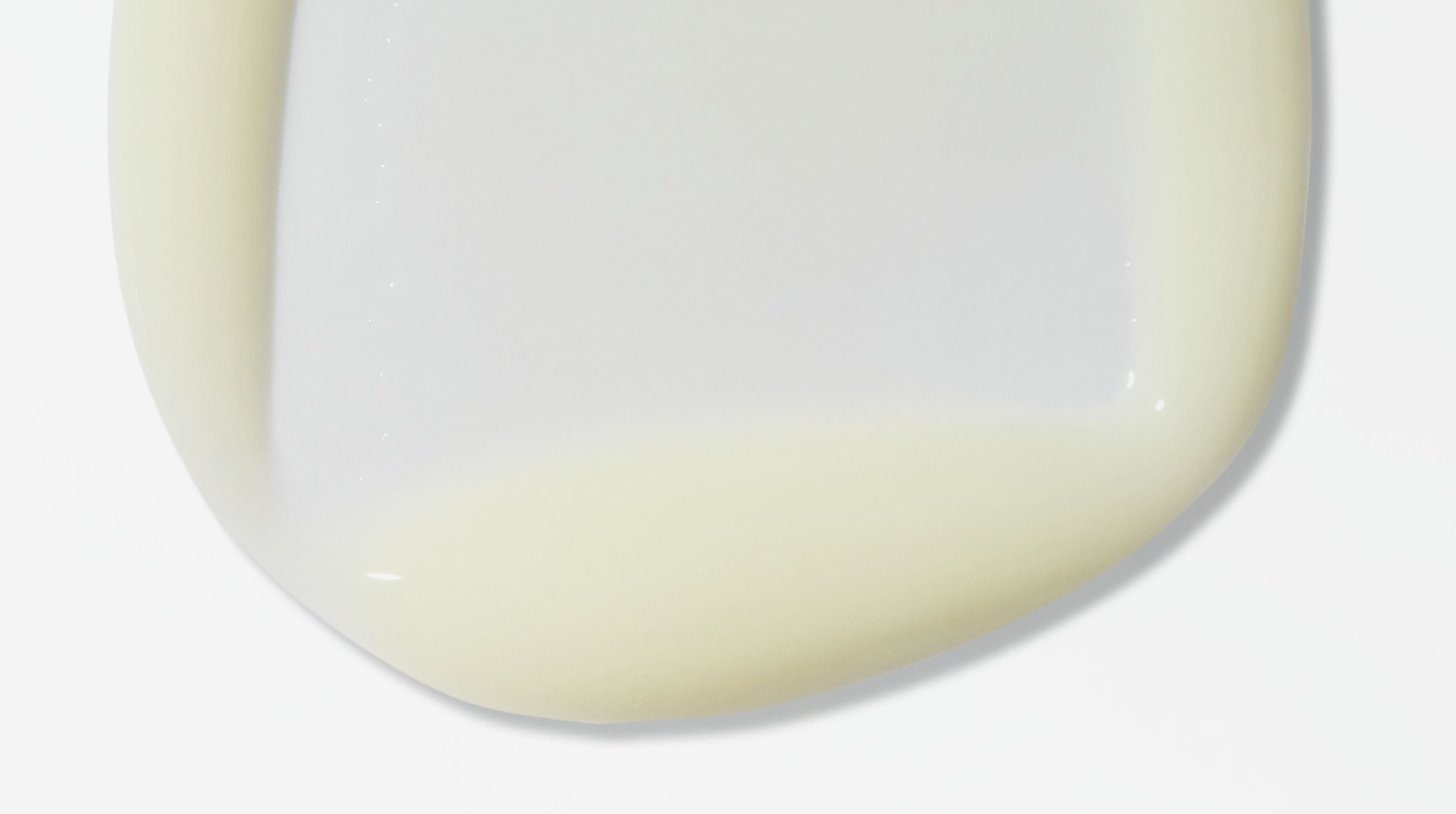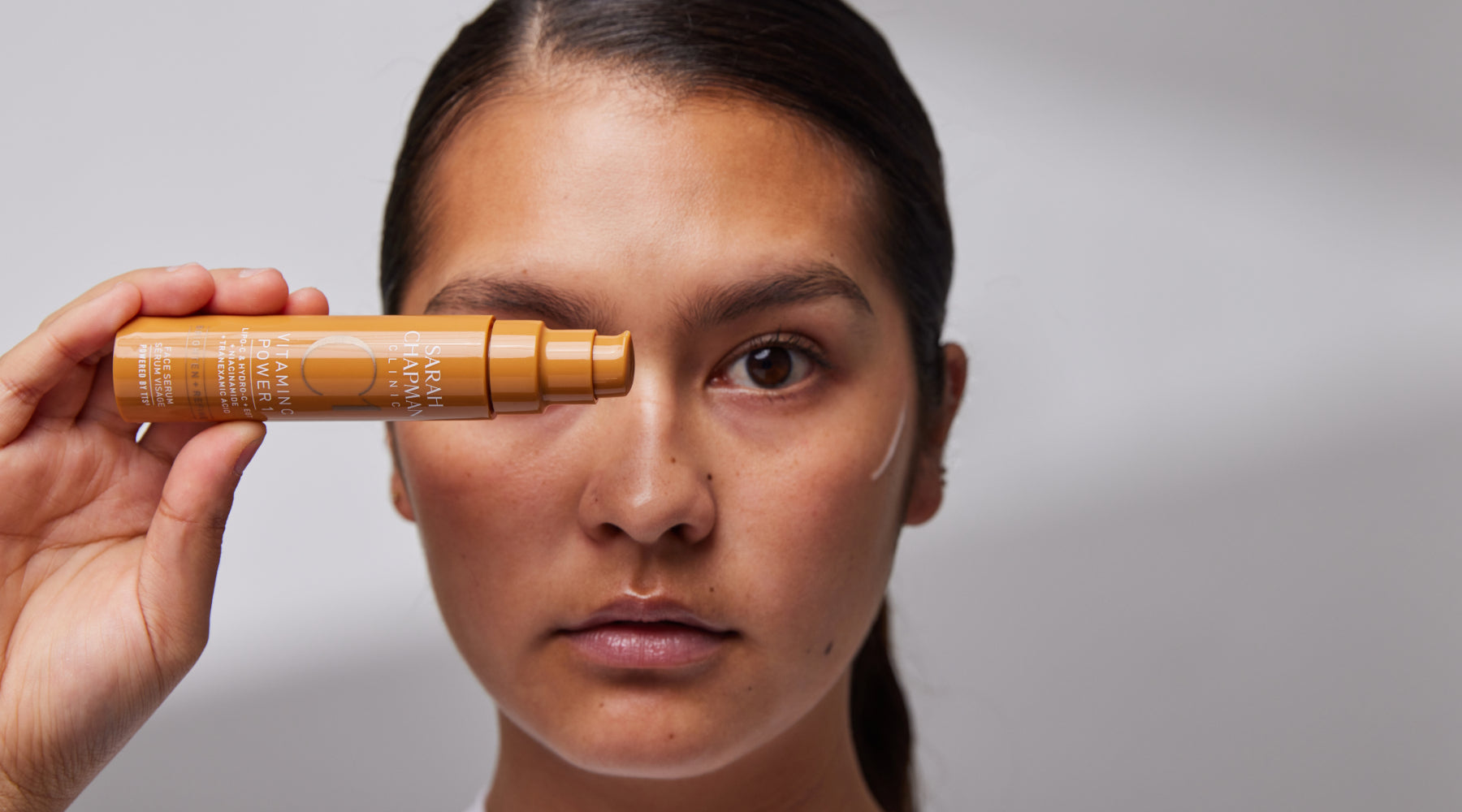
After-Sun Skincare – How To Care For Your Skin After Sun Exposure
Summer is undoubtedly the best season to explore the great outdoors – from picnics at the park to tropical getaways and beachside escapades. However, while you bask in that glorious summer sun, your skin is exposed to several harmful elements, the most obvious of all being UV radiation. We all know by now how those golden rays affect the skin, having immediate and long-term effects. Instant damage can manifest itself as sunburn – that redness, inflammation and sometimes pain you feel after a day of sunbathing (a big no-no) – while, in the long run, UV radiation can cause premature ageing, accelerating the breakdown of collagen and elastic tissue and leaving skin with visible wrinkles and age spots. The best way to minimise and prevent these from developing is to adopt a great suncare routine – one that not only protects the skin but also strengthens it against all external aggressors. In this Skinesis Journal post, we’ll be diving into the latter, exploring effective tips for taking care of your skin after a day at the pool or beach and boosting its skin barrier.
Essential Tips for Your Post-Sun Recovery
-
Cool Down & Hydrate
After a long day in the sun, cool down your skin with a cold bath or by applying cool compresses to reduce inflammation and relieve any redness or swelling. This will also help preserve the skin’s moisture and prevent further damage to the cells and DNA.
You should also drink lots of water – especially if you’re concerned about your skin peeling. For extra hydration, we suggest taking omega-oil supplements. These essential fatty acids will help hold moisture in skin cells to prevent dry, flakey skin.
Extra tip: Natural yoghurt is also very effective on sunburn as it calms the skin on application. And for an extra hydration boost with an immediate cooling effect, there's nothing like one of our 3D Moisture Infusion masks, especially one that's been kept in the fridge (or hotel mini bar).
-
Opt For A Gentle Cleanser
Thinking of skipping your evening cleanse after a few dips in the ocean? Think again – this is a crucial step to remove the day’s sweat, grime and sunscreen residue. Since sun-stressed skin is more delicate, look for gentle cleansers that won’t strip it of its natural oils or cause irritation. Our balm-to-oil Ultimate Cleanse is a great option – it works with your skin’s natural sebum to deeply clean without leaving skin dry and tight.
Extra tip: The best way to cleanse your skin is to melt the product between your fingertips and smooth it evenly over the face. Using a firm pressure with your fingertips and knuckles, massage the product with vigour, spending a good minute or two to really increase blood flow to the skin.
-
Avoid Exfoliating The Skin
Regularly exfoliating the skin is good practice, as it helps remove dead skin cells and promote cell renewal, but we would not recommend reaching for any exfoliants immediately after sun exposure – this could cause further inflammation and damage. Once your skin feels less sensitive, apply a gentle exfoliant with low-strength acids like Lactic Acid, found in our Liquid Facial Resurfacer. Since it has a larger molecule size, this AHA won't penetrate the skin as deeply as some other acids, which means less risk of irritation or peeling.
-
Apply A Soothing Recovery Cream
To help alleviate any discomfort and minimise inflammation from the sun, enhance your daily routine with a recovery cream with soothing properties and barrier-strengthening ingredients such as Ceramides and Ectoin. A robust skin barrier is the key to overall skin health, especially during the summer months.
Our new R&R Glow has been clinically proven to aid skin in its natural healing process – plus, it’s light enough to be worn under your everyday moisturiser and re-applied throughout the day. It’s also fragrance-free and suitable for even the most sensitive skin.
Extra tip: In the evening, follow our recovery cream with a few pumps of our Overnight Facial. With soothing anti-inflammatory omega oils and vitamin A, which works to repair UV damage in skin cells, the elixir makes for a great post-sunburn treatment.
-
Boost Your Sun Protection
If your skin still appears red or feels warm to the touch (this is due to the increased blood flow to the affected areas), we recommend staying away from the sun until it’s fully healed. Exposing skin to more UV rays also slows down the recovery process, increasing the risk of long-term damage and premature ageing.
If you must go outside, then make sure you’re wearing a broad-spectrum sunscreen with an SPF of 30 or higher – and reapply it every two hours. For extra protection, apply a vitamin C serum like C1 with your SPF of choice; this will enhance the efficacy of your sunscreen and help neutralise free radicals.
For more information about this powerful couple, see WHY VITAMIN C AND SPF ARE THE ULTIMATE SUMMER DUO.
Your After-Sun Routine – Upgraded
01. Ultimate Cleanse








